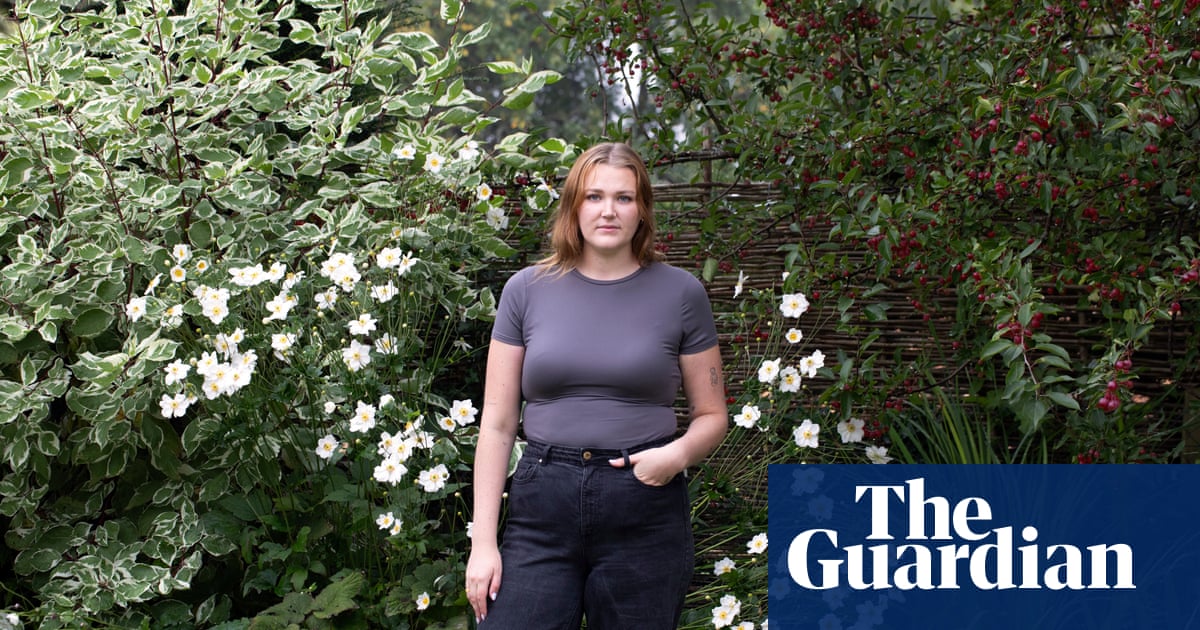A year ago, Franky Dean, a 24-year-old documentary film-making master’s student, decided to make a phone call she’d been avoiding nearly half her life. She was sitting in a dark computer room in New York University’s journalism institute in Manhattan when she FaceTimed her parents. They were in the living room at her home in the UK, where she grew up. Franky told them she’d just filed a police report about something that had happened more than a decade earlier. When Franky was 12, she had been sexually abused by a close friend’s dad.
And then her mum said two words that would change her life, again, for ever: “We know.”
It was meant to be a climactic moment – a revelation that Franky had been building up to for years. Instead, it was the beginning of another story – the unravelling of a shadow narrative that spanned half of Franky’s life. It’s a story about what happens when police assume survivors of sexual abuse to be “unknowing victims” – a series of misinterpretations and missteps that amounted to Franky spending 12 years hiding her abuse from her parents while they spent 12 years hiding it from her.



Not consciously knowing doesn’t mean their brain isn’t affected.
Not telling them is gaslighting whether they’re consciously aware or not.
So you are arguing against consent?
Consent is informed.
Withholding the fact that a person has been raped is exactly the same as a doctor withholding a cancer diagnosis. They do not have that option and cannot have that option. The patient must have the relevant information to be capable of managing their treatment.
“we found out about some bad things that happened to you as a child, do you want us to tell you what we found out?” Is a perfectly valid way to ask for informed consent before doing something to them they may not want.
No, it is not. That is not informed.
Information being shared with the patient is not something that takes their consent. It is the baseline bare minimum obligation of every provider in every circumstance.
A lawyer can’t allow a client to decline to hear a plea offer. A doctor can’t choose to allow a patient to make any decision without being fully informed of everything the doctor knows relevant to their case. The information is always mandatory, and it’s always malpractice not to provide it.
I’m not talking about law, I’m talking about morality.
So am I.
The person being fully informed is the baseline legal requirement all the time because it’s literally the only way they can possibly make decisions about their best path forward.
Not informing them isn’t just unethical. It’s fucking unadulterated evil with no theoretical justification.
Right, so the answer to my earlier question is “yes” in this instance your are anti-choice. Is fine, but own it or we end up going on a big circle to get where we should have been three or four comments ago.
And we could have had a conversation about that, but honestly, I’m just not that invested in the conversation anymore, it’s been a long day and I’m out of patience for random strangers who are more interested in being right than communicating.
Being informed is not a choice. Care is the choice.
Being informed is a prerequisite to decide care. There is no other possible way to make a rational decision.